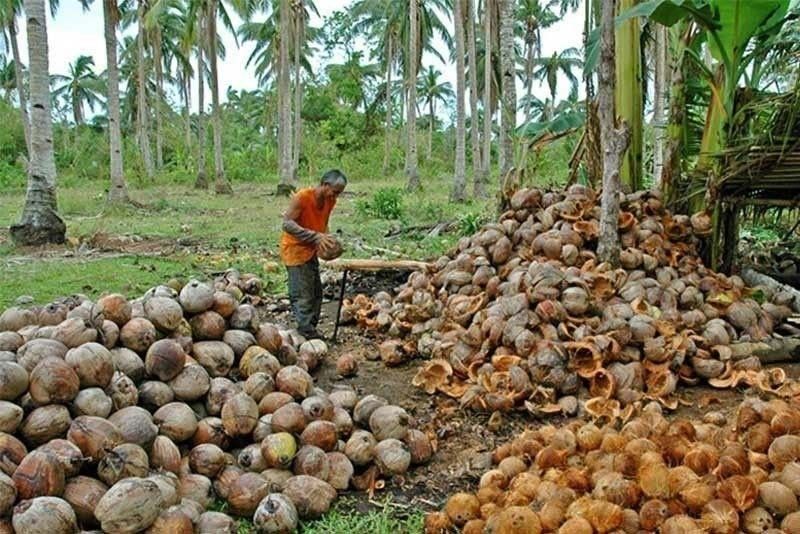Philippines seeks to reclaim status as world’s top coconut market

100 million new trees
MANILA, Philippines — The Philippine Coconut Authority (PCA) is targeting to plant 100 million trees in open areas in Mindanao and where indigenous peoples live to reclaim the country’s leading position in the global coconut market.
“The PCA intends to go all out on the planting program more than ever before because we used to have a limited planting target,” PCA deputy administrator Roel Rosales in a briefing Friday.
Rosales said Mindanao has a lot of areas there that can be utilized for coconut planting while the PCA will work with indigenous peoples’ groups “because they also have a lot of open areas.”
“We are very particular that we do not cut forest trees to give way to coconut trees nor do we allow that young coconuts are cut in favor of a certain variety,” he added.
According to Rosales, the Philippines used to be the top producer of coconuts worldwide.
However, Indonesia then India have overtaken the country, which now fell to the third spot.
“That somehow threatens the position of the Philippines in the international market,” the PCA official said
Data from the Philippine Statistics Authority (PSA) showed coconut production remained steady at the 14 million metric tons (MT) in the past three years.
In 2021, Indonesia was the world’s largest producer of coconut at 17.1 million MT followed by India at 15.7 million MT and the Philippines at 14.7 million MT.
While the Philippines still remains as the top coconut oil exporter in the world, Rosales said Indonesia is fast catching up.
In the past decades, the agency said coconut exports contributed an annual average of 35 percent to the country’s total agricultural exports.
Last year, coconut exports amounted to $3.2 billion, accounting for 43 percent of the country’s total agricultural exports.
But recent PCA data showed the volume and value of country’s coconut exports declined sharply from January to February this year as compared to the same period last year.
Rosales said demand for Philippine coconut oil has softened amid global issues, calamities and the release of Indonesia’s palm oil supply, which is a major competitor of coconut oil.
To push for planting, the PCA is working closely and directly with accredited farmers’ organizations through the Sagip Saka Law.
“In this case, government agencies are allowed to work closely, directly with farmers organization that are accredited to be able to provide the inputs for the productivity program. But there are very stringent rules that govern us also. It’s not something that you freely work with farmers,” Rosales said, noting government has to follow the Government Procurement Reform Act.
“We need to plant more and actually more than planting also, we need to fertilize our coconut so that productivity on a per hectare basis can be increased in a quick turnaround way with planting first,” he said.
- Latest
- Trending






























